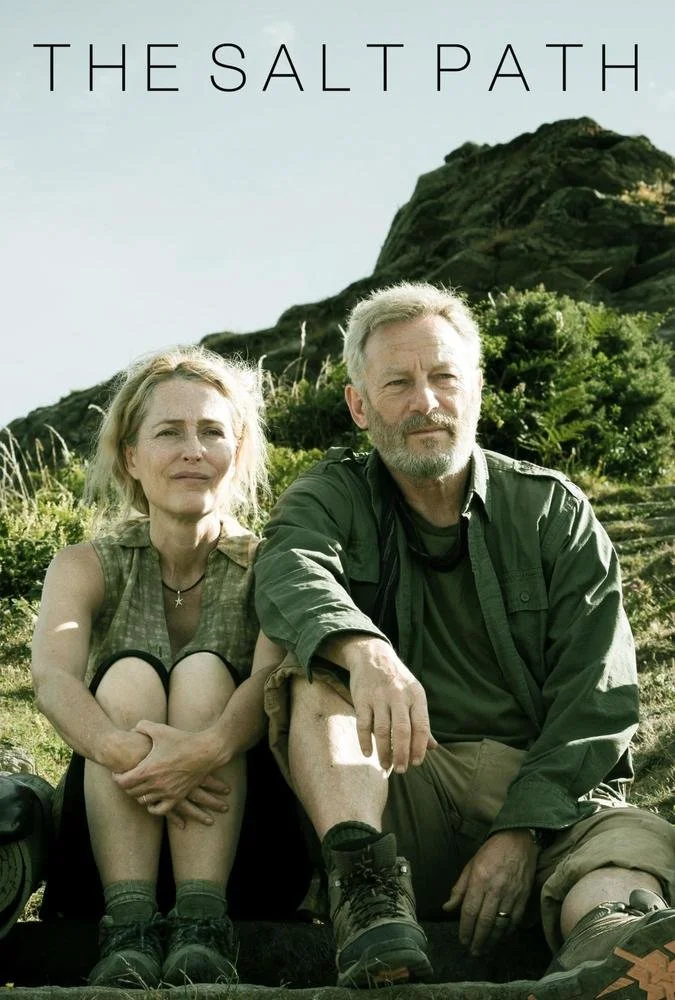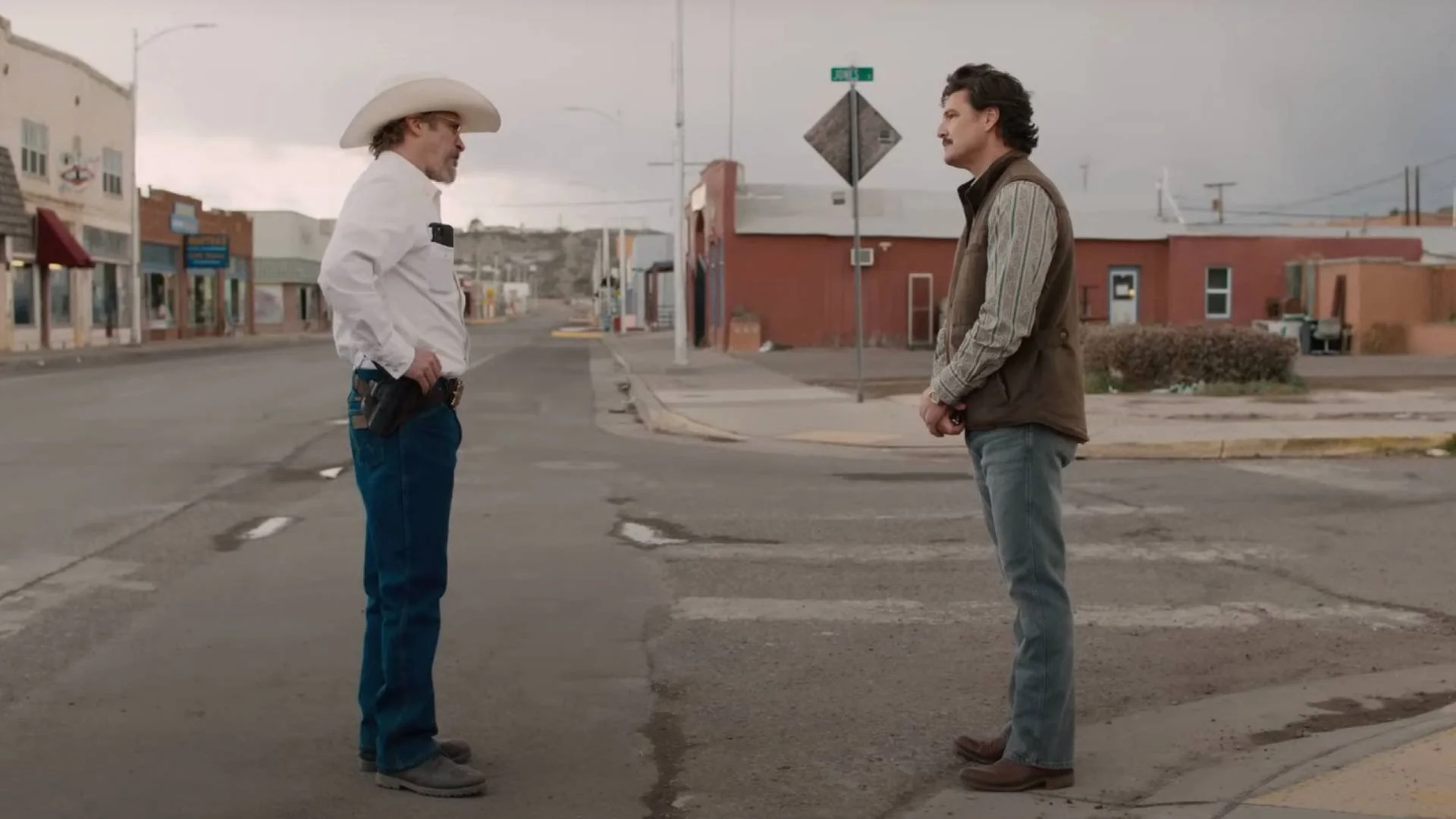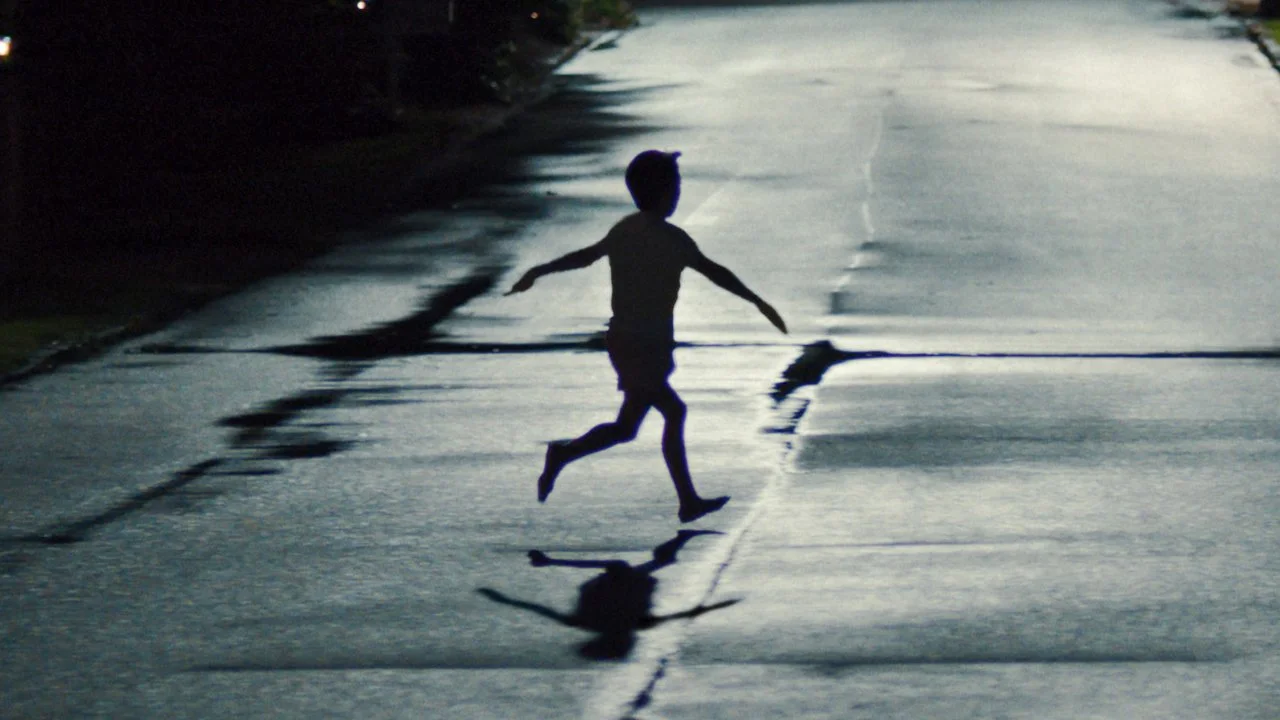The Salt Path
“And when I'm at war with myself, I Walk. I Just Walk”. Or whatever Lana Del Rey once said.
After a successful run in the UK, Germany, and the Netherlands, The Salt Path is now being introduced to wider markets with proper theatrical releases. And that is very good news, because this is a film that should be experienced on the big screen.
The story follows a married couple, Raynor and Moth, who find themselves in an incredibly difficult life situation after losing their home. With their children grown and away, they are essentially left homeless, and on top of that, Moth receives a terminal diagnosis. Faced with this brutal reality, they decide to embark on Britain’s longest walking trail, the 1,010-kilometer South West Coast Path, in order to clear their heads. This journey becomes a metaphor for their battle with themselves, their attempt at accepting what happened and how they allowed it to happen, and their search for new meaning in life when it seems that purpose has already left.
The film is pure drama in every sense of the word—long, heavy, and somewhat viscous in its pacing. It bluntly portrays how people can lose themselves and, through hardship, find a way back. Their path mirrors the struggles of their real lives: the need to harden, to become “salted,” and simply do better or even try harder. It is a story about surviving crises, believing that it is always possible to start again, and realizing that love and the people closest to us are our greatest strength. In this sense, The Salt Path succeeds, and Gillian Anderson and Jason Isaacs deliver exactly the kind of performances one would expect from them—powerful and convincing.
Yet the film falls short in several key areas. At two hours long, it often feels overly stretched and monotonous. The story itself doesn’t really move forward: the couple starts as two people in love dealing with hardships, and by the end, they are still two people in love dealing with hardships. Even after the long walk and all the obstacles along the way, the characters appear largely unchanged, which leaves the film without much sense of risk or resolution. Because of this, The Salt Path comes across as lacking a clear central idea, unfolding more as a chain of moments than as a story with real development.
What remains, however, is the stunning beauty of Britain’s coastline, captured in breathtaking cinematography that really makes the film worth seeing in a theater. Watching it feels less like following a clever narrative and more like sharing a fragment of life with two compelling characters. Is that enough reason to see it? Yes, it is. Will it leave you with profound, life-affirming insights? Probably not.
6.5/10




